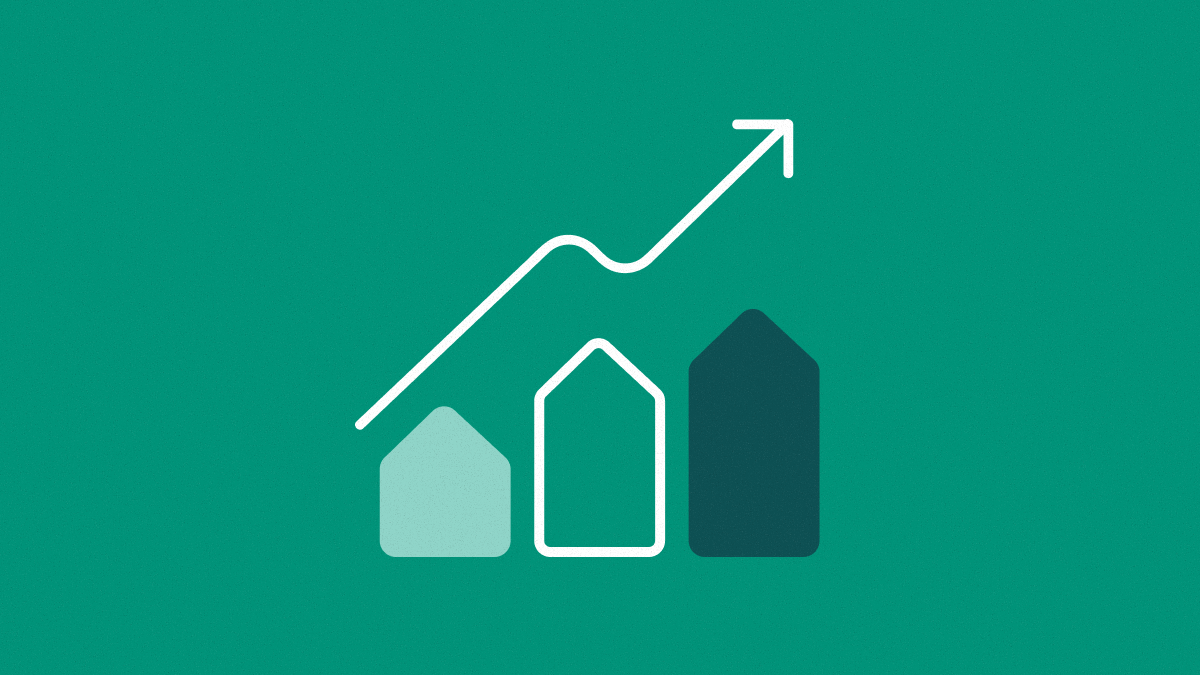Launching a website has never been easier. You no longer need your own server, a pricey web developer, or even the ability to code. Today, launching a website takes little more than a few clicks. Having a well-optimized, actual useful website, however, is a whole other ball game. Using the right web host can make a huge difference.
For most business owners, the first step to getting their site online is choosing the right web host, and there are dozens of options. You might look for the most affordable host or one that offers a one-click installation for WordPress. Maybe you want e-commerce features or a blog that is already set up. It is easy to get overwhelmed by all the options, right?
What many people aren’t aware of is the impact web hosting can have on your marketing and SEO. The reality is that using the right web host can have an incredible impact on your ability to rank for certain keywords. As a result, your web host can have a long-term effect on your sales and profit.
So, what features should you look for from a web host, and how might those features impact your marketing? Let’s look at five features you should consider and how they can impact your bottom line.
Site Speed

Site speed refers to the amount of time it takes your site to deliver files when a customer clicks on a link or types in your URL. Faster site speed means your customers can quickly find the information they are looking for or add that awesome new tech item to their online cart.
But, how does site speed affect your marketing? Well, there are two ways — first, it impacts the user experience. Web users are impatient, and if your site takes too long to load, they are quick to head off to your competitor’s site.
Second, search engine giant Google uses site speed as a ranking factor when deciding which website to return as a search result. For example, if you and a competitor both sell delicious hot sauces and a user searches for terms related to the sauce you sell, Google is more likely to show that using the site that loads the fastest.
Site speed isn’t the only ranking factor, of course, but it can impact your ability to get your tasty hot sauce into customer’s hands.
Just because a host offers ‘blazing-fast speeds’ doesn’t mean your site will load fast. For optimal site speed, look for a web host that offers a CDN (content delivery network), SSD (solid-state drives), and fast site speeds. And keep in mind server speed isn’t the same as website speed!
Website Uptime

Uptime, in relation to web hosting, is the amount of time your web site is accessible to users. Security issues, server upgrades, a host of other issues on the hosting side can cause your site to be unreachable.
These issues can have an impact on your SEO. Uptime isn’t a huge ranking factor, but it can create a massive headache for site owners because it can increase bounce rates and is generally inconvenient to users.
Besides, what if you’ve just dropped several thousand an AdWords campaign just to find out your site is down? You could lose thousands or even hundreds of thousands of leads or sales.
Luckily, uptime is pretty easy to track. Due to the importance of the feature, most hosts put this info front and center on their websites. The hosting industry average for uptime is between 97% and 99%, with higher being better, of course. Many hosts also offer a money-back guarantee where they will refund a portion of your hosting costs if they fail to meet their uptime promise.
If a web host you are considering makes their uptime record hard to find, run!
Website Security

Website security is more important than ever before, and not just due to the potential of data breaches. Of course, you want to protect your customer’s information, but now the security of your website can actually impact your ability to market your business, thanks to changes in Google’s search algorithm.
As of 2014, HTTPS is a ranking signal for Google. What does this mean for you, as a site owner? It means you want a host that offers an SSL certificate (or, at a minimum, allows you to upgrade). In the past, only eCommerce businesses really needed to worry about this, but today every site should have an SSL certificate.
Many hosts offer SSL certificates as a free add-on, but it may be a shared SSL certificate. For content-only sites, a shared certificate may be enough. However, if your site makes sales or handles more sensitive info, look for a more secure SSL certificate.
For the uninitiated, an SSL certificate encrypts the data you and your customers exchange over the web, preventing hackers from gaining access to sensitive info such as email addresses, names, and credit card information.
Responsive Web Design

This is a big one if you are using your web host’s site builder. A responsive site can tell whether a user is visiting from a mobile device or a desktop computer, and automatically adjusts the site for a better experience.
On the marketing side, Google recently switched to mobile-first indexing, which is a fancy way of saying they look at the mobile version of your site first. If your site is hard to navigate on mobile, then your site is less likely to show up in search results.
If you aren’t using your host’s site builder, then make sure your site designer creates a responsive site!
Website Hosting Scalability

When done well, marketing should help your business grow. That sounds obvious, of course, but many business owners don’t think about the long-term implications marketing can have on their choice of host.
That two-dollar a month host may be just fine when you are only handling a few hundred visits a month. But what happens if your marketing campaign is successful and you start seeing several hundred thousand hits a month? Hopefully, you can simply upgrade to a better hosting plan.
But what if your host doesn’t have a better hosting plan that meets your needs? You could be stuck switching hosts, which requires moving your entire site over and can create a massive headache and site downtime.
Conclusion
Launching a website has never been easier; and yet the number of hosting options can make it overwhelming to select the right web host for your business. Cut through all the marketing-speak from hosts and look for a host that meets your needs based on these five factors that impact marketing.
Your site and your bottom line will be better for it. You can find sites for guest posting here.
Share at:ChatGPTPerplexityGrokGoogle AI








